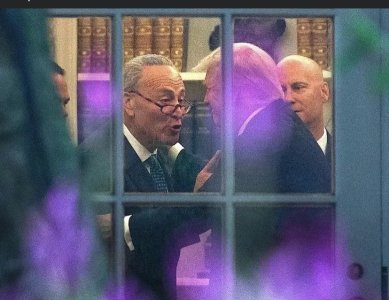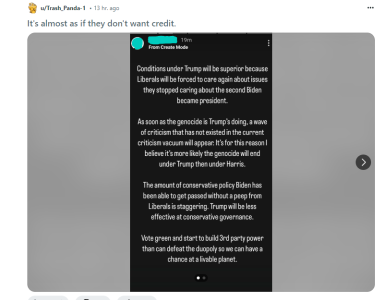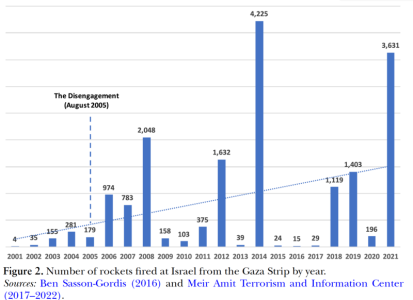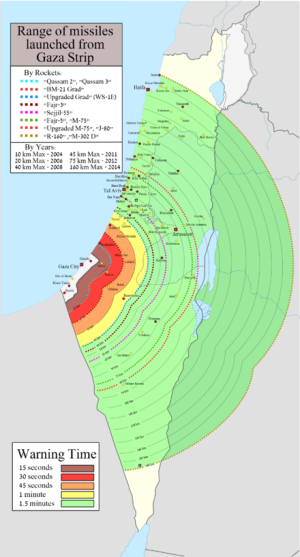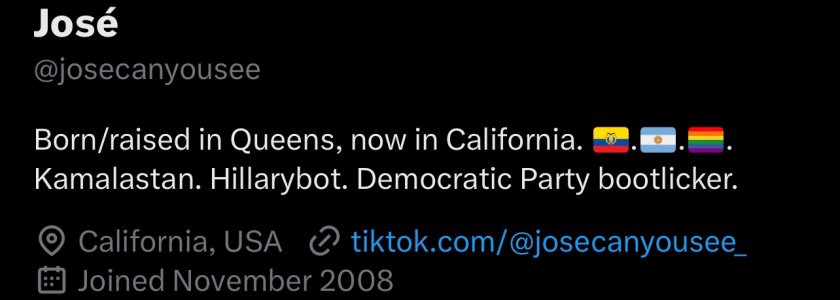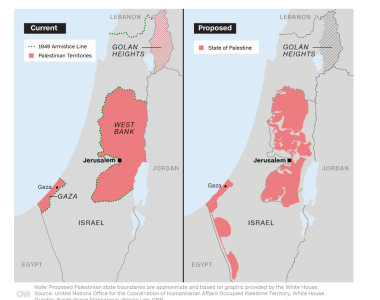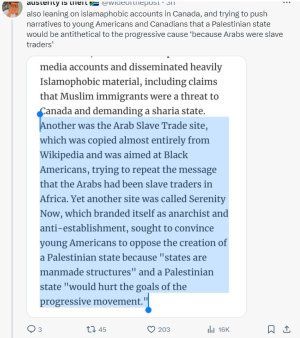But if the political effects of Hamas' ousting of Fatah are clear enough, Washington's prevailing narrative about it has mostly been self-serving. In a new
book,
Tested by Zion, Elliott Abrams, who supervised American policy in the Middle East for George W. Bush’s National Security Council, offers the standard line, charging that Hamas staged a “coup” in Gaza because it feared that “time might bring greater strength for what Hamas saw as Fatah and we saw as the legitimate PA national security forces.” Abrams acknowledges that Hamas leaders might have believed there was “a conspiracy to crush it,” but dismisses the possibility that there actually was one, and that the United States might have played any role in it.
This account is in marked contrast with the testimony put forth independently by two journalists, Paul McGeough and David Rose, by a former British intelligence official, Alistair Crooke, who had served as a special advisor on the Middle East to the European Union, and by UN Under-Secretary General Alvaro de Soto. Key parts of the this alternative narrative have been confirmed by leaked government documents and contemporary newspaper accounts and by David Wurmser, who was Middle East advisor at the time to Vice President **** Cheney.
This version of events is considerably more damning about Washington's role in the events leading up to the Hamas “coup”. According to the alternative narrative, the Bush administration blundered at every turn in its dealings with the Palestinians. It encouraged an election on the assumption that Abbas and Fatah would win. When Hamas was victorious, it sought to nullify the results and to block a unity government between Fatah and Hamas, even though such a government might have actually become a credible partner in peace negotiations. And the Bush administration helped arm Fatah’s security forces against Hamas, which stoked the civil war and led to Hamas taking over Gaza. According to this narrative, Hamas was basically right about American intentions.








